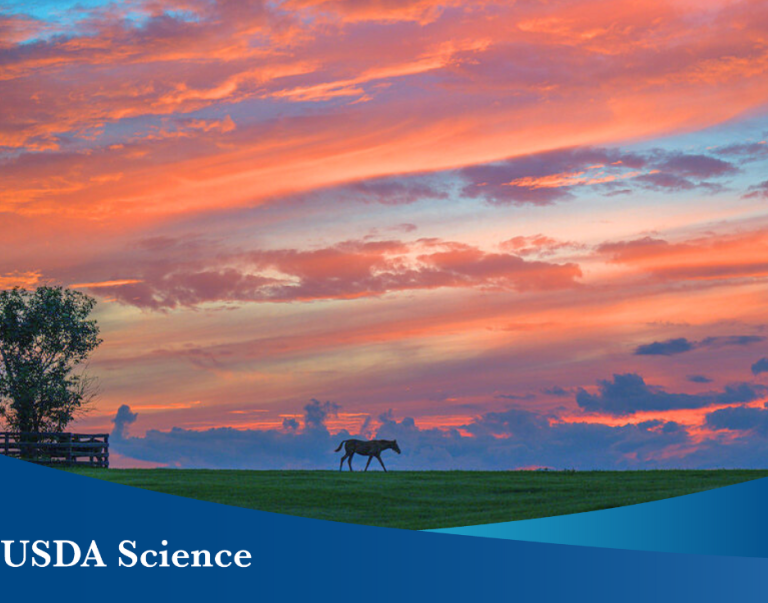USDA’s Natural Resources Conservation Service (NRCS) worked with Michigan’s Grand Traverse Band (GTB) of Ottawa and Chippewa Indians to remove blockages to natural water flow in streams and rivers through the Regional Conservation Partnership Program (RCPP). USDA invested over $18 million in federal grants and $30 million were raised in local matching funds to replace undersized culverts with timber bridges, the removal of old and failing dams, and the purchase of conservation easements to prevent urban development on farmland – particularly fruit farms.
The GTB of Ottawa and Chippewa Indians leads the Tribal Stream and Michigan Fruitbelt Collaborative, which includes over a dozen nonprofit organizations and governmental agencies.
Miller Creek Stream Crossing
“This project is a coordinated effort between NRCS and our partners to address resource concerns that have been identified by the partners at the local level,” said Garry Lee, NRCS Michigan State Conservationist.
“For decades we’ve been trying to secure funding to get this early 1900s railroad crossing replaced. It wasn’t until the Tribal Stream and Michigan Fruitbelt Collaborative was formed that we were able to use matching federal funds to make this affordable,” said Steve Largent, a biologist with the Grand Traverse Conservation District, a project partner.
This was one of the most important sections of Miller Creek to restore because fish and insect migration was blocked upstream from the Boardman River, and downstream flow was also blocked. Fish and wildlife navigate waterways much like people navigate highways. When a stream is blocked, complete ecosystems can suffer.
“These road stream crossing and old dam structures were built at a time when we didn’t have the same understanding of how streams operate and the impact a single culvert can have on that stream,” said D.J. Shook, a biologist with Conservation Resource Alliance, a project partner.
So far, over 50 stream crossing improvements are complete in Northwest Lower Michigan, with many more planned.
“We’re looking to mimic the natural geometry and morphology of the stream,” said Andrea Palladino, NRCS Civil Engineer. “In doing that we can be assured that the end result is natural stream function underneath the road.”
Regional Conservation Partnership Program
In USDA’s 2014 Farm Bill, Congress authorized the Regional Conservation Partnership Program (RCPP), administered by NRCS.
This federal program, renewed in the 2018 Farm Bill, brings together conservation organizations to leverage private dollars with federal funds to provide landscape-wide solutions to locally defined challenges.
Nature Change, a project partner, produced a video summary of the collaboratives mission.



